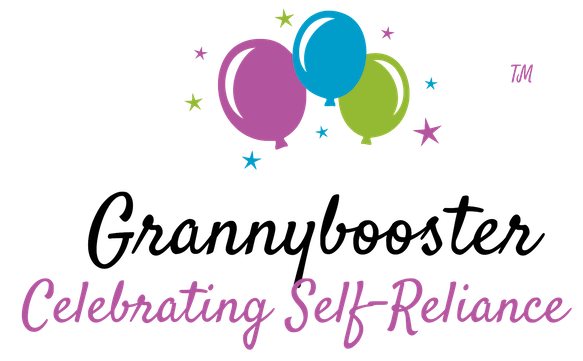The man I love and care for was diagnosed with Alzheimer’s Disease a year ago last April. He had been a highly regarded attorney in a 51-year practice, esteemed by clients and staff, alike. He came to the law with advanced degrees in mathematics and nuclear physics, so there was no question about his IQ. Although courtroom adversaries would claim that they had seldom faced anyone as tough as John, his sweet, loving nature at home is as much the same as when we met 41 years ago. He was also very funny and still is.
He does not accept Alzheimer’s Disease. He’s not going down without a fight as perhaps some would, with acceptance of the inevitable. He fights every day. I hurt watching him struggle to grasp an elusive thought, or enthusiastically begin a sentence only to lose the rest of it like a wisp of smoke. While he works hard at remembering people, events, dates, and simple arithmetic, therein lies the common ground on which we can still communicate about issues of importance to both of us. What sparks some of our mundane daily routines is that we laugh a lot.
Yesterday, he got frustrated trying to remember something to do with squirting. After a litany of charades acting out different types of squirts and both of us laughing hysterically at squirts not appropriate for cocktail conversation, he finally had the “ah ha!” moment. Turns out he had been trying to recall the way a dish detergent bottle works.
We know that there is no stopping the relentless advance of Alzheimer’s Disease. But, I’ve found several creative ways, including laughter, family/friend exercise, and photo safaris to enjoy activities together and stay in touch with my loved one who is now at the stage where he’s forgetting people, places, and events, among other things. These activities also provide a critical break from routine caregiving chores and can lighten-up a living space as much for the benefit of the caregiver as for the patient.
- We watch favorite comedies in which the storyline is simple and hilarious. As long as the narrative and dialogue don’t move too fast, he can track the story and enjoy it. In a recent AARP article No Joke: Laughter Can Give Brain a Healthy Boost, cognitive neuroscientist Scott Weems, author of the 2014 book, Ha! The Science of When We Laugh and Why, notes that “The benefits of laughter extend far beyond the obvious inter-social bonding; humor can be downright good for our health, especially our brains. That’s because different parts of the brain are involved in creating a laughter response to a humor stimulus.” He adds that “humor also elicits a response from our reward circuitry, which releases dopamine when treated to comedy. Dopamine is the same neurotransmitter involved in drug highs, the joy of sex, and other sensuous pleasures. You get a big response in the dopamine-producing parts of the brain when you get funny jokes.”
- Exercise has always been a big part of our life together; we know it relieves stress, can prevent and mitigate some diseases, and is a big part of brain health. There is even evidence that exercise is one of the most powerful ways to boost brain health. It has a positive influence on cognitive decline, makes our brains work better, and improves thinking, memory, and learning. Twice a week, the two of us follow the instructor with what we believe is one of the best, most effective lower body strengthening exercises – Lower Body Strength Training With Jorge Cruise. It’s available at www.AARP.org, and we think it’s worth the entire AARP membership. It’s short – just 10 minutes – simple and easy to do at one’s own pace. Although we can’t go to the gym, right now, with Covid-19 still a pandemic, we also bought exercise bands and three, eight, and 10 lb. dumbbells that keep our upper body strong.
- Last week, we headed out for a “Photo Safari” to one of the most scenic places near where we live to take pictures with our smartphones. I gave John simple tips on perspective and helped him focus on his subjects. He took some fine photos and short videos of various sights that struck his fancy. It’s an experience that had payoffs for both of us. We admired each other’s photos and uploaded the best ones to social media, which, if even for a moment, gave him a feeling of great accomplishment. We’ll be doing this again.
Someday, John won’t remember the things we did together, but I take comfort in knowing that we worked hard to try and slow his Alzheimer’s with stimulation and activity. Our time together produces lasting memories for me, and I believe that the pursuits we enjoy may help my aging brain, as well.
I hope that you liked and enjoyed this article from Grannybooster. I urge you to contact us at [email protected] if you have a particular area of interest that you would like us to cover on Grannybooster.



Leave a Reply